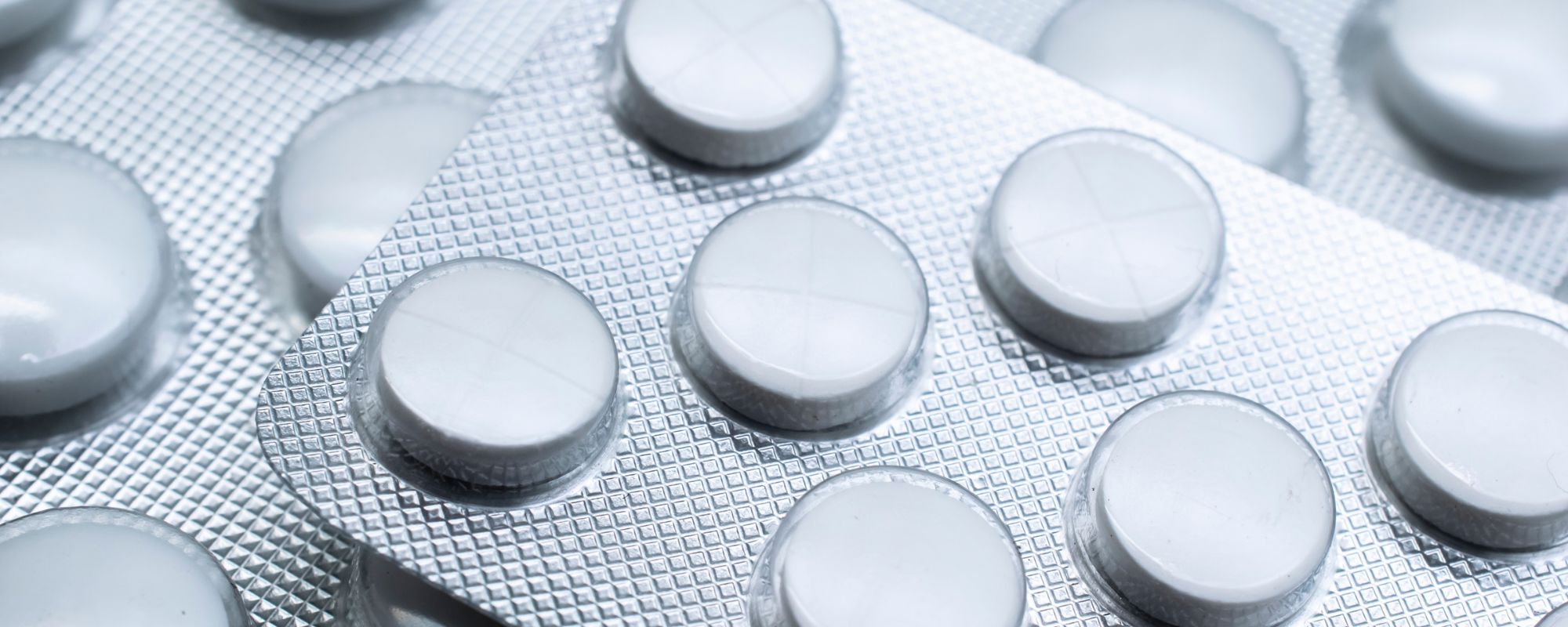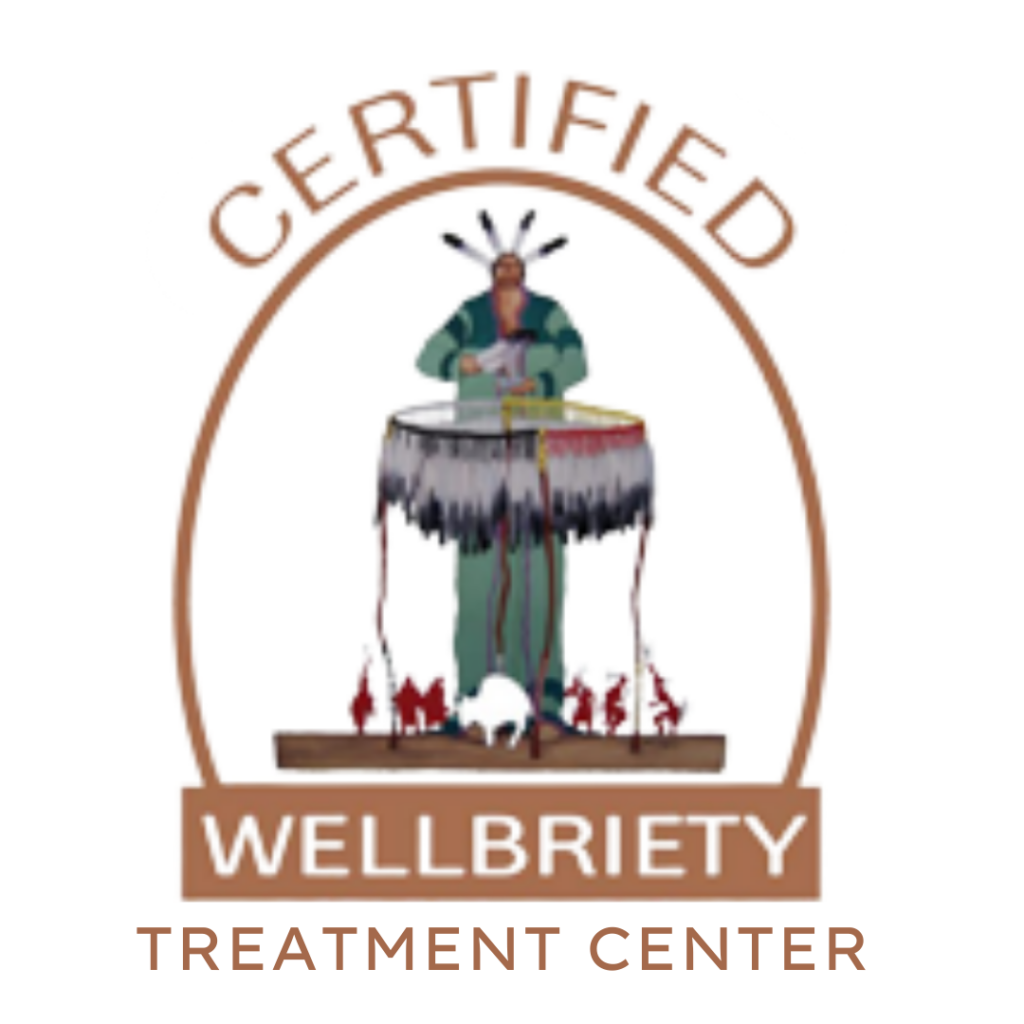The Effects of Alcohol: Short and Long Term
Alcohol abuse has life threatening effects on the brain and body. The side effects of alcohol vary, based on a series of factors like: frequency of alcohol use, amount of alcohol consumed, current health status, your age and family history. Alcohol consumption leads to effects like lowered inhibitions, slurred speech, impaired motor skills, memory deficit, issues concentrating, breathing difficulty, coma and death. Continued alcohol abuse can cause long-term effects like health problems including brain function, heart damage, complications in the liver and pancreas, an increased risk of cancers and a weakened immune system. So, how bad is alcohol withdrawal?
Alcohol Withdrawal
Alcohol withdrawal symptoms can range in intensity from mild to severe symptoms. Alcohol withdrawal happens when there is a level of physical dependency on alcohol. Alcohol withdrawal symptoms can be as mild as agitation, or as severe as delirium tremens. Inpatient treatment for alcohol withdrawal, in a medical detox center, is necessary to make the process as safe and comfortable as possible. Trying to stop being a heavy drinker on your own, cold turkey, is extremely dangerous. Substance abuse and mental health are closely related, so treatment options that include access to medical health professionals are the best option for overall recovery from alcohol and drug abuse.
Symptoms
Alcohol withdrawal symptoms occur in three stages, beginning at about 8 hours after your last drink. Stage one includes mild symptoms, stage two alcohol withdrawal symptoms are considered moderate, while stage three alcohol withdrawal symptoms are severe. Common alcohol withdrawal symptoms include the following: abdominal pain, nausea, anxiety, insomnia, high blood pressure, fever, abnormal heart rate, agitation, confusion, seizures, and hallucinations.
How To Treat Alcohol Withdrawal
Treating alcohol withdrawal safely requires a medical detox treatment center, equipped with medical professionals to monitor guests 24/7. During an alcohol detox, the guest may not only experience physical problems, but also mental health disorders can become prominent as the guest’s brain chemistry attempts to return to an equilibrium after continued alcohol abuse. The importance of medical health professionals available around the clock is invaluable to ensure the safety of guests as they go through alcohol withdrawal. Alcohol rehab is possible at various levels of care here at Royal Life Centers. We work with guests to create a treatment plan best suited to their personal recovery process. We make the recovery process feel supportive and educational, we are not like any other “rehab program.”
After attending a medical detox facility, Royal Life Centers highly suggest seeking an alcohol treatment center that will further treat the effects of alcohol. At Royal Life Centers, we treat the physical, mental and spiritual effect of alcohol abuse on each individual.
Please reach out to one of our knowledgeable and experienced admissions team professionals at 1-800-RECOVERY or (877)-732-6837.
Our alcohol treatment centers are equipped with all of the necessary tools for success in overcoming you or a loved one’s alcohol dependency. The health professionals at Royal Life Centers can formally assess your symptoms of Alcohol Use Disorder in order to tailor a recovery plan that is optimal for your individual treatment. Our philosophy at Royal Life Centers is to treat the mind, body, and spirit, to support you into a successful recovery.
























